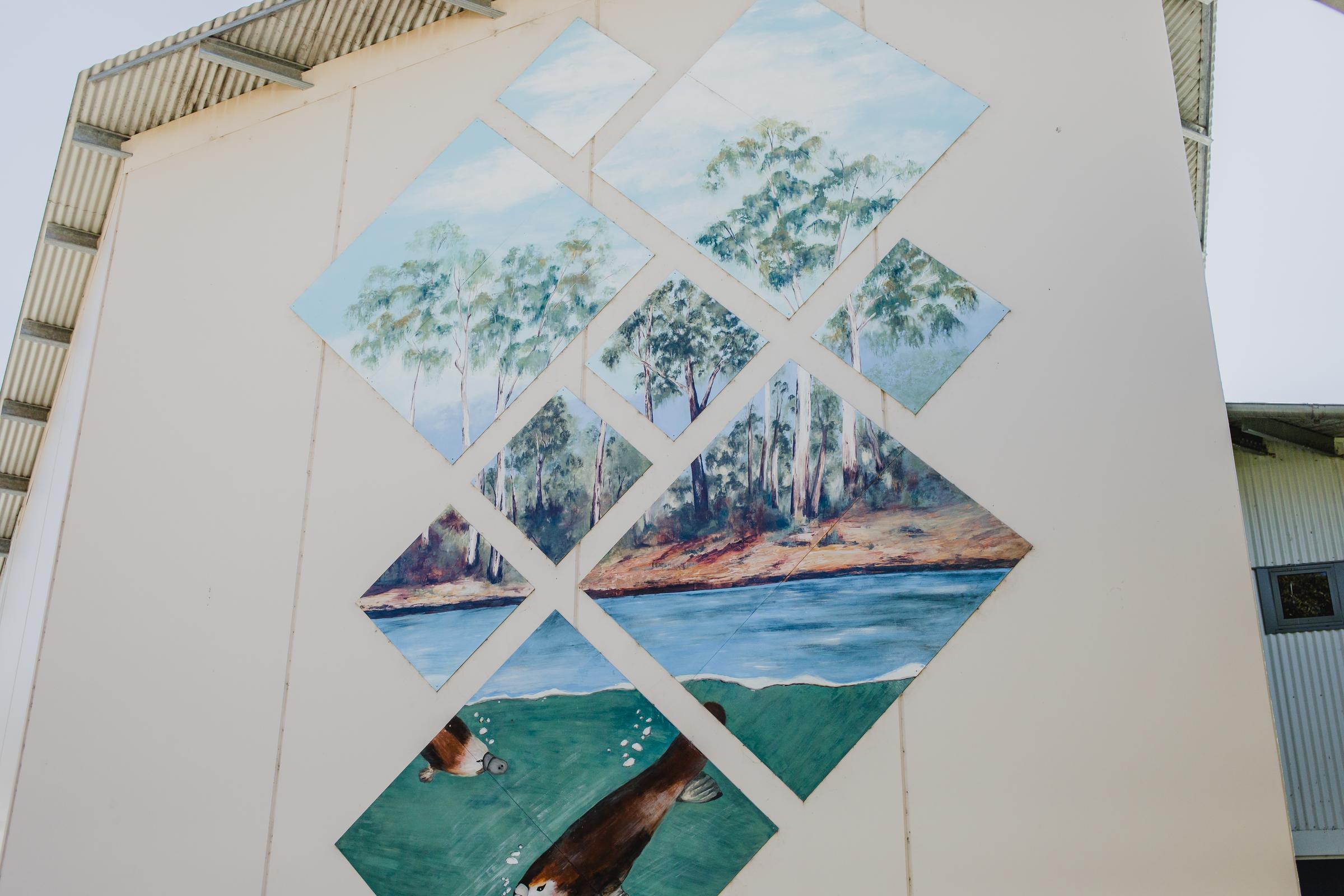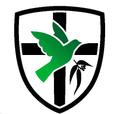GENERAL INFORMATION (2 of 2)

COVID-19 GUIDELINES
Currently guidelines for COVID-19 cases are as follows:
- You are most infectious 2 days before your symptoms start, and while you have symptoms. It is recommended that you should isolate for at least 5 days and until you don’t have symptoms anymore.
- This means you should not go to work, school or grocery shopping. Especially if you work with people at a higher risk of becoming very sick with COVID-19.
While isolating, you should:
- Call your workplace or school and let them know you have COVID-19.
- If you’re unsure about ending your isolation, you should contact a GP or a GP Respiratory Clinic.
- Wear a face mask when you leave home for at least 7 days after testing positive as you may still be infectious.
Guidelines for close contacts:
- COVID-19 can take time to develop, so you should monitor for symptoms for at least 7 days after your last contact with the person who has COVID-19.
- A close contact should regularly test for at least 7 days following their last contact with the person who has COVID-19.
Further information can be found here
RAPID ANTIGEN TESTING
Advice received by schools includes a recommendation that rapid antigen tests (RATs) are used by students and staff:
• If they have symptoms of COVID-19 infection, no matter how mild
• If they are a household or close contact of someone who has COVID-19
• If they are a social contact of someone who has COVID-19.
Rapid Antigen Tests are available for all Victorians from Council sites. People can get 2 free packs (10 tests) for themselves and 2 free packs (10 tests) for each of their household members.
People with disability and their carers can get up to 4 free packs (20 tests) in line with existing RAT distribution for people with disability.
Further information can be obtained at Council Rapid Antigen Test Program.
COMMONWEALTH SCHOOL DATA COLLECTION NOTICE
As an Independent School receiving Government funding, we are legally required to provide information in accordance with the Australian Education Act 2013 (the Act) and the Australian Education Regulation 2013 (the Regulation). This is collected for:
- Student Residential Address and Other Information Collection
- Financial Accountability (FA)
- Financial Questionnaire (FQ)
- Student Attendance (STATS)
- Non-Government Schools Census (Census)
- Census Special Circumstances Applications.
The attached document contains further information on why the information is collected, how it is collected and what is collected. The document also contains a link on where to find out more about school data collections and reporting.
CYBERSAFETY
ACSC’s Act Now and Stay Secure Campaign – Cyber Security for Kids
The Australian Cyber Security Centre (ACSC) has released the Kids Cyber Security Checklist for parents and carers. It helps teach primary school-aged children the basic cyber security steps to stay secure online.
Calling parents and carers:
The internet has enabled kids to learn, share and create more easily. But it has also become a space for cybercriminals to cause trouble and steal information from others. It’s vital to instill cyber secure behaviours early, so children learn how to identify cyber threats and mitigate against them.
The ACSC’s Kids Cyber Security Checklist provides simple tips for primary school-aged children about the basic cyber security steps to stay secure online.
The ACSC’s Kids Cyber Security Checklist is available at: https://www.cyber.gov.au/cyber-security-kids.
Use the ACSC’s learning resources:
Help create a more secure online environment for children by sharing our easy-to-follow guides, including:
- Kid’s Cyber Security Checklist
- Cyber Security Instruction Manual: A Kid’s Guide to Using the Internet Securely
- Cyber Security Poster for Kids
- Cyber Security colouring in sheet for Kids
What can you do?
The ACSC is encouraging Australian families to strengthen their children’s cyber security online by taking the following steps:
- Turn on automatic security updates on all devices to fix weaknesses.
- Activate multi-factor authentication to add multiple layers of protection.
- Regularly back up devices to help easily restore your files in the case your device is ever hacked, lost, stolen or damaged.
- Use strong passphrases to secure gaming, social media and all other accounts.
- Check settings and set portable devices to require parental approval before software is installed. Parental controls can also be used for this purpose.
- Report and recognise scams.
Get Social:
Be sure to follow us on Twitter, LinkedIn and Facebook to share the latest Cyber Security for Kid’s posts across your social media channels and help keep Australians secure online.
Report:
If you or your child receive an unusual email or message, report it. Go to Scamwatch and visit the ACSC’s ReportCyber. The faster you report the scam, the quicker you can act.
Act now to stay secure.
ISV - THE PARENTS WEBSITE
Belgrave Heights Christian School is part of the Independent Schools Victoria network of schools. Independent Schools Victoria offers an initiative called The Parents Website. Here you will find a range of articles and newsletters. To learn more, please click here.
WELLBEING RESOURCES
We know that it can sometimes be hard to find the necessary resources in relation to mental health, bullying and family violence, especially when things are tough. For this reason, the School has a small webpage with links related to health and wellbeing resources. This can be found on the School's website under Other Resources or can be found here.
